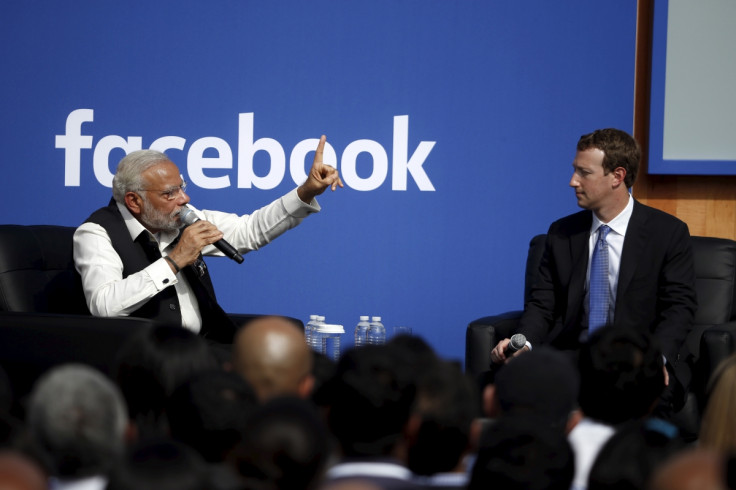What Mark Zuckerberg can still do to win India's billion before 2042

Mark Zuckerberg has pulled out all the stops in what might be his most bruising battle since catapulting Facebook to over a billion users across the world. He is fighting to provide free but restricted internet access to the people of India, and cannot understand why people are not lining up for it gratefully, instead of blocking it.
So where's the rub?
The Facebook founder compares his Free Basics programme with public education and public libraries. But he is the piper and he wants to call the tune, which means users will be restricted to Facebook, Wikipedia and a chosen few sites picked by Facebook.
The patently flawed plan, understandably, has been picked upon by a number of critics, non-profit groups and well-meaning citizens swearing by net neutrality – a principle that telecom companies that provide access will allow unfettered access to all websites.
Critics justifiably say Zuckerberg's main – if not sole – intention is to steer nearly a billion Indians who still do not use the internet, and over a billion that do not use Facebook, toward his social networking site. With China already lost, the Indian market is vital for Facebook's "rocketship" growth.
Let's look at some numbers. Facebook is adding users at 14%, or about 200 million users, every year. Its revenue is growing at about 40%. Still, Wall Street is not delighted with the growth, and expects more for it to continue valuing Facebook's stock at over 70 times revenue.
Speed of essence
Enter India – a market that grows by a user every second of the day, from the current 345 million, according to Internet Live Stats, a part of the Real Time Statistics project. So it could take about 900 million seconds – 10,000 days or over 27 years – for all of India to be connected to the net. That is way too slow for Zuckerberg's comfort – he will be 58 in 2042 and may have lost of his $45bn fortune if he waited for it – which is why he wants to accelerate that process.
But Zuckerberg has shown little finesse in that task. Facebook flew in journalists from some of the biggest India dailies – The Economic Times, the leading financial paper, and The Hindu, "India's National Newspaper", among them – to its Menlo Park headquarters for a chat. It fetched front-page interviews but alongside criticism from the likes of Nikhil Pahwa, a journalist who is arguably the most articulate of Zuckerberg's critics, for the junkets.
In recent days, Facebook has splashed two-page adverts in many Indian dailies, among them The Hindu and The Times of India, the largest-circulated Indian daily from the same publisher as The Economic Times. He even claimed an op-ed piece in the Times of India to defend his programme. But the Times gave equal space the next day to Pahwa to present the counterpoint.
India's telecom regulator Trai has suspended the Free Basics programme and sought public comments on the broader subject of net neutrality. Stakeholders in the programme are to submit their responses before 30 December and others before 7 January 2016. In the run-up, the battle has intensified. By most accounts the odds are stacked against Zuckerberg. Trai is known to be independent and has efficiently managed competition in the telecom industry. Many of Facebook's original partners including ecommerce player Flipkart and media outlets like NDTV and The Times of India have walked out amid the growing controversy.
What can Zuckerberg do to win access to a billion more Indians? He could put a little more faith in his own brand, and the compulsive habits of Indians to socialise, and open the Free Basics programme to all websites. Facebook would likely still attract a fair number of users, probably a fair chunk of the 900 million who remain off the net.
© Copyright IBTimes 2025. All rights reserved.





















